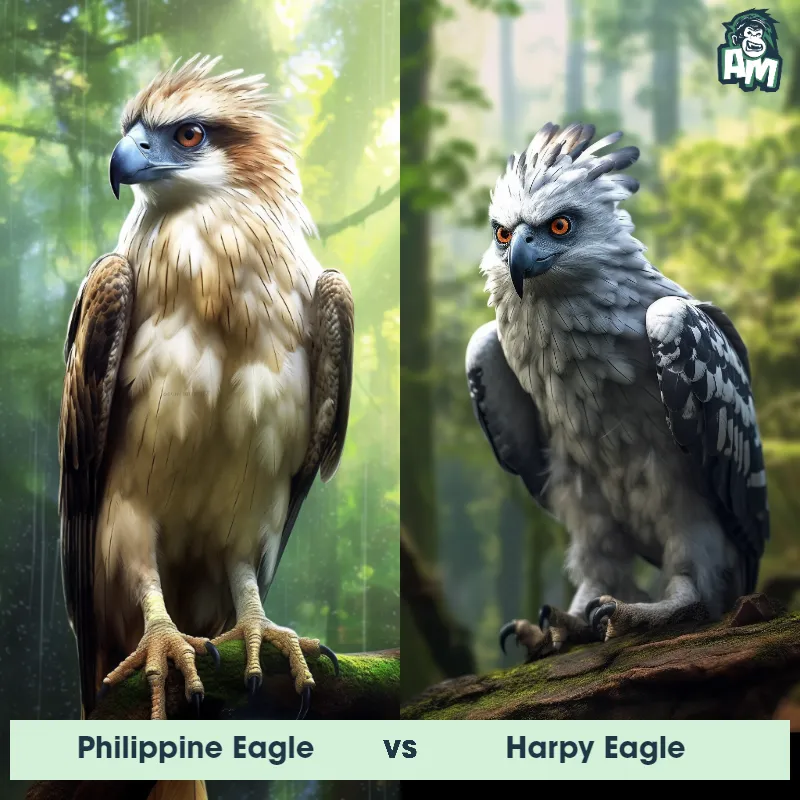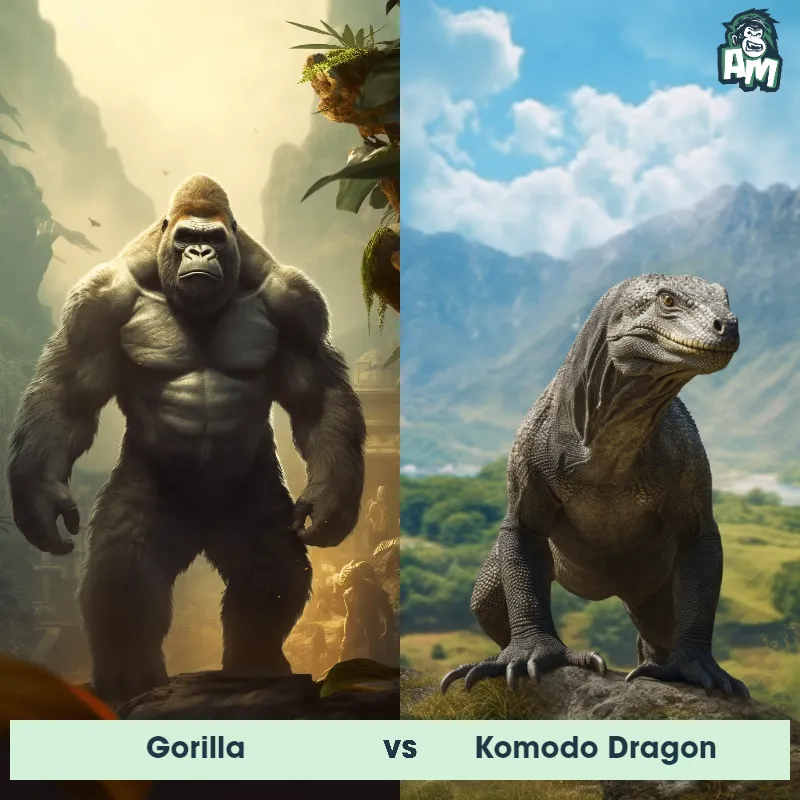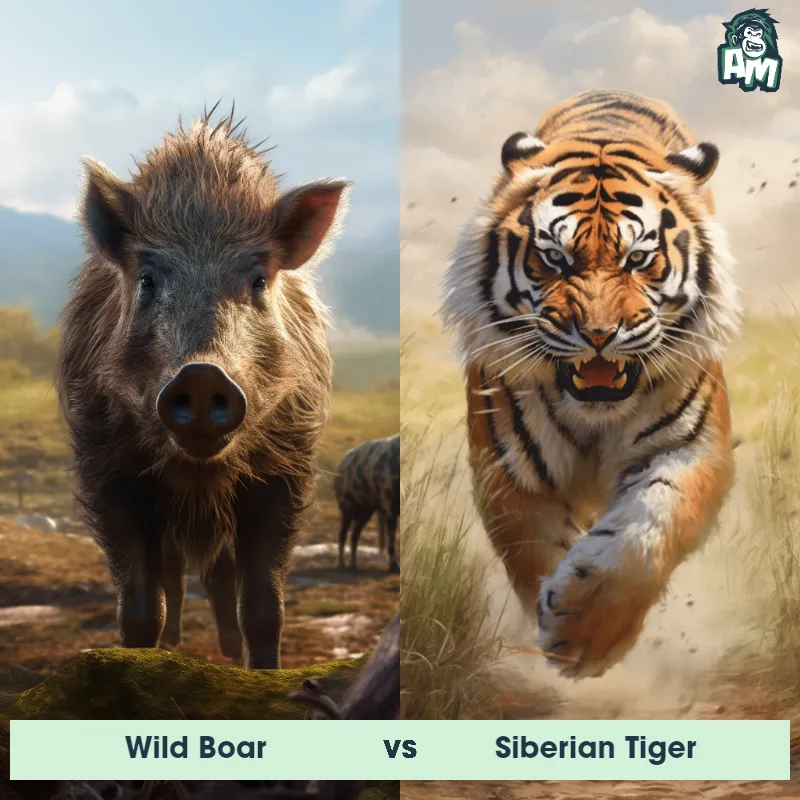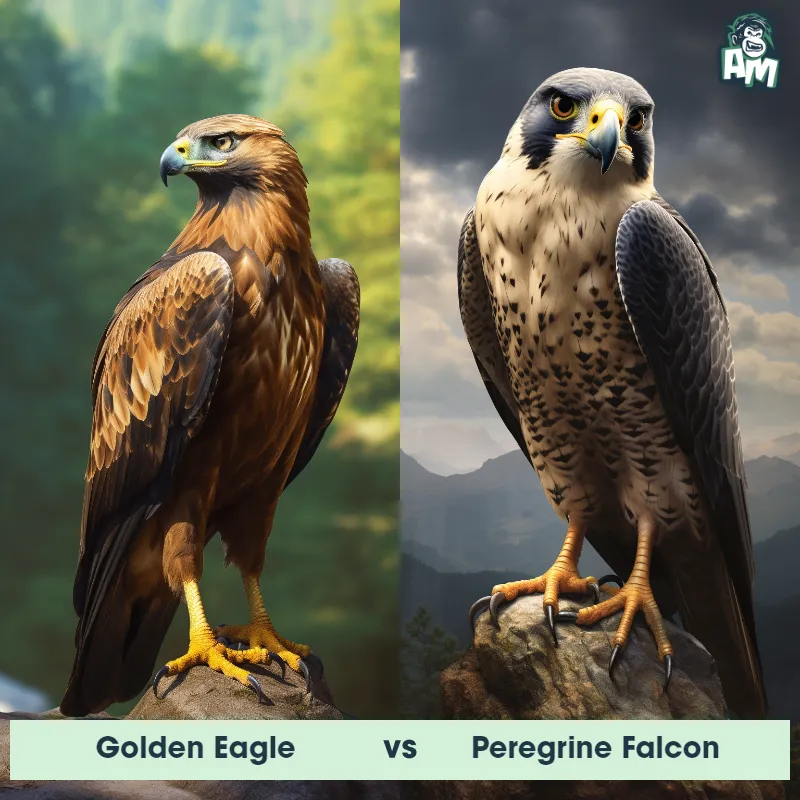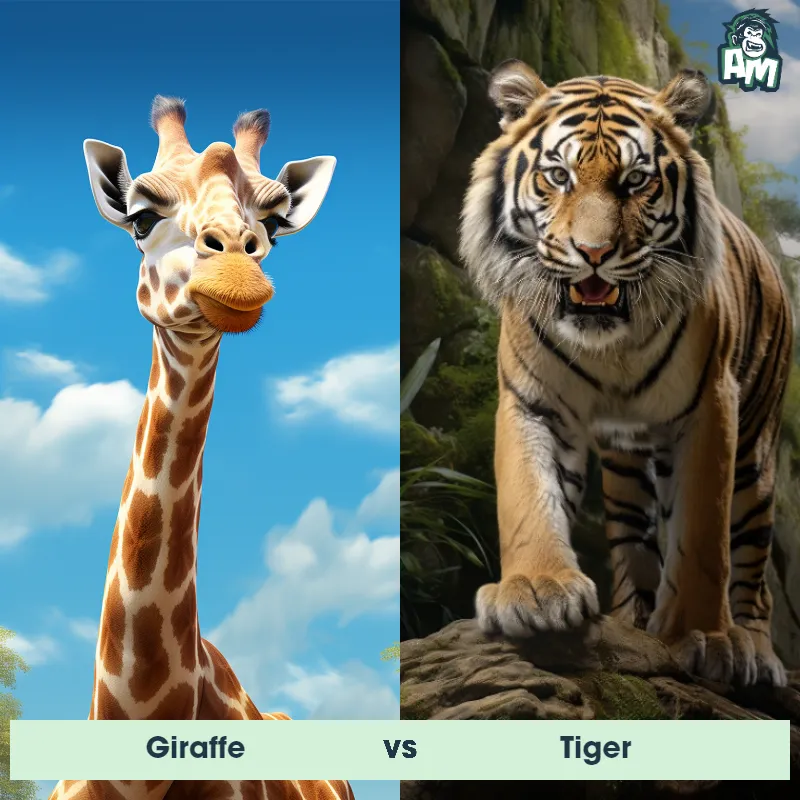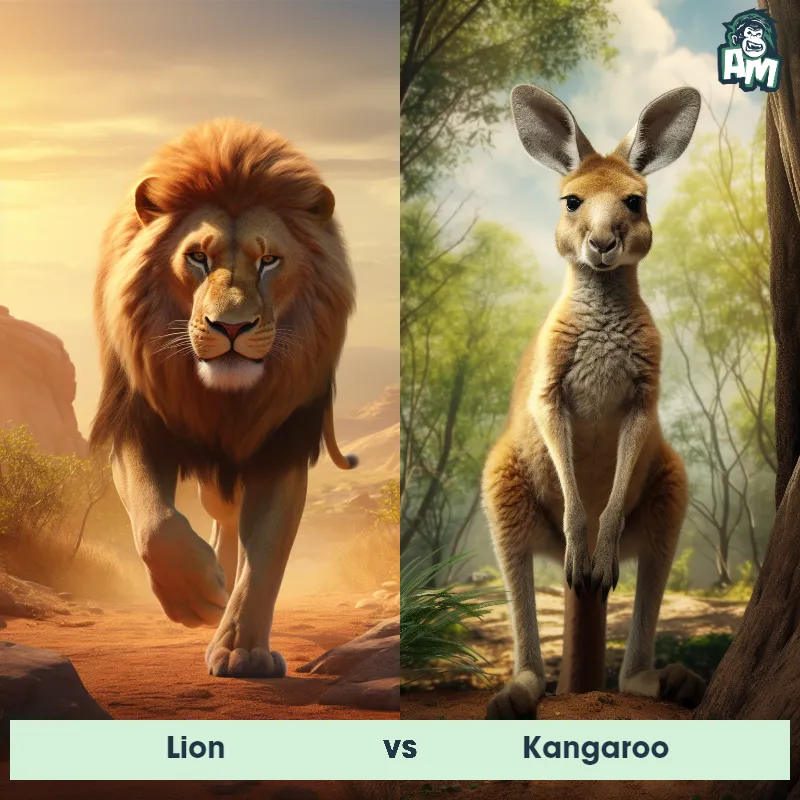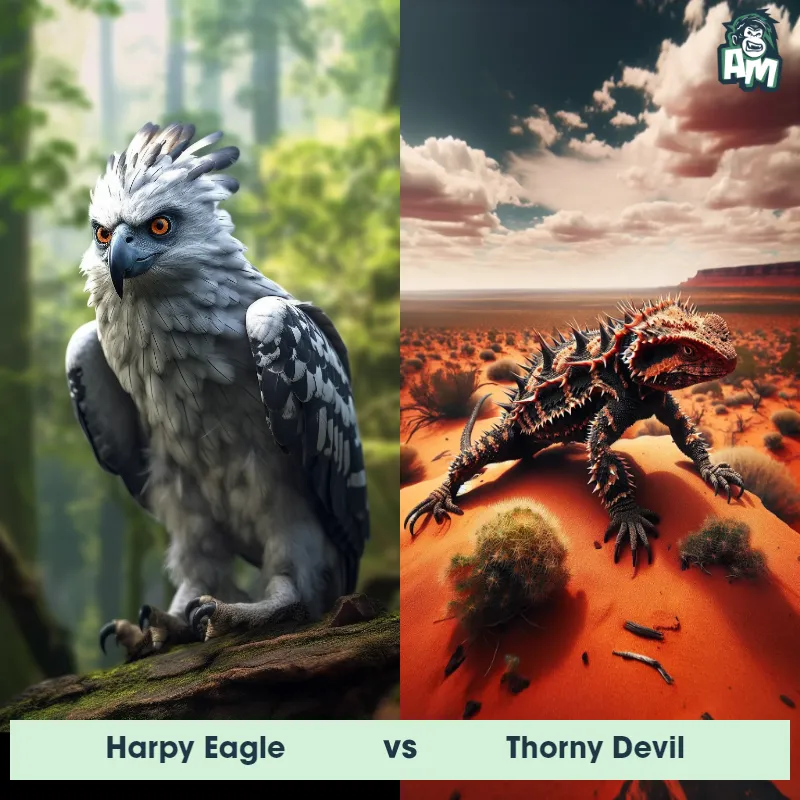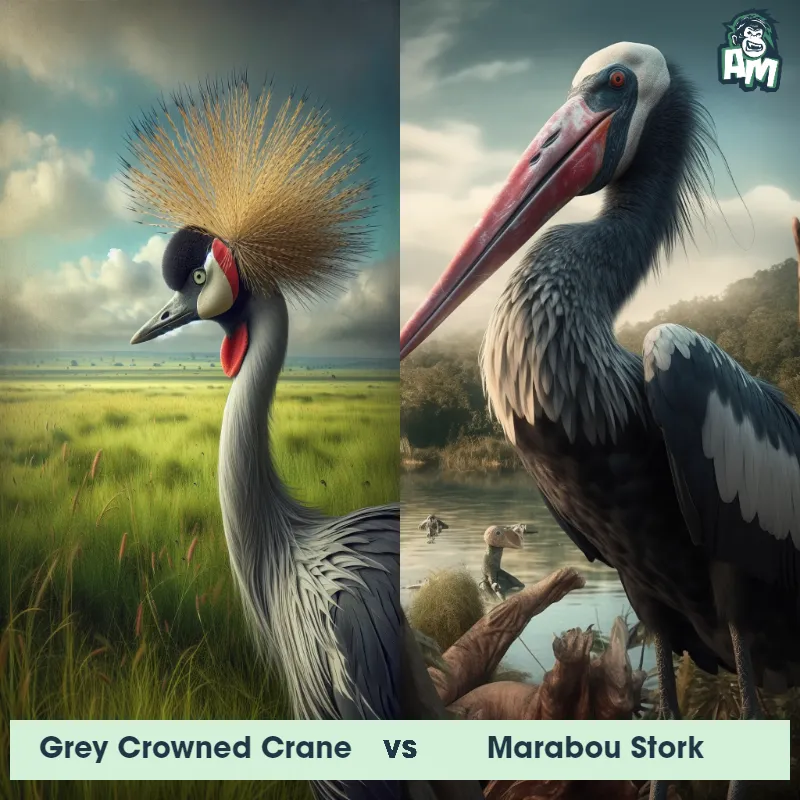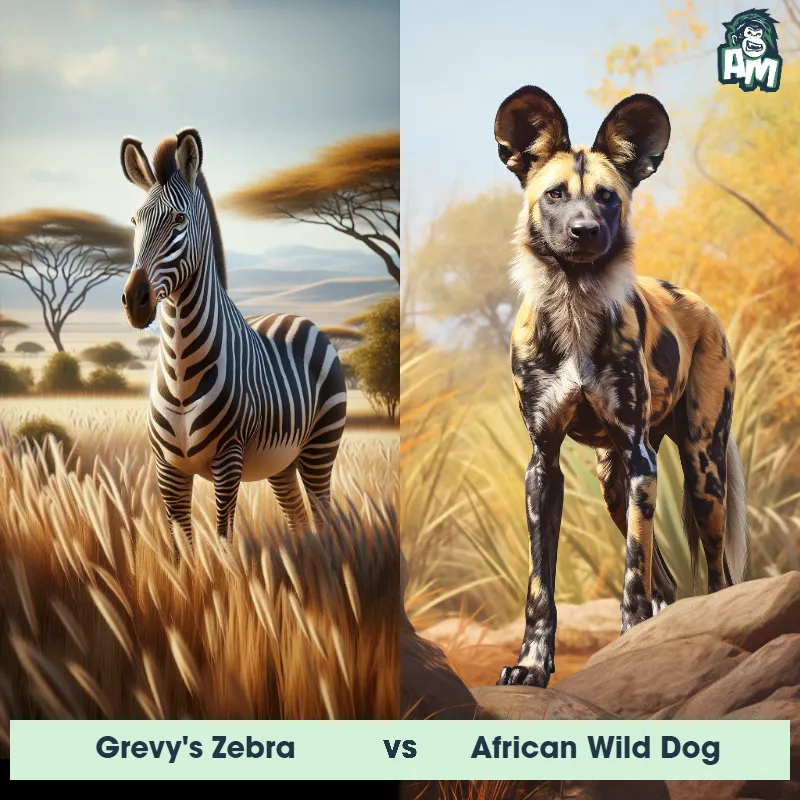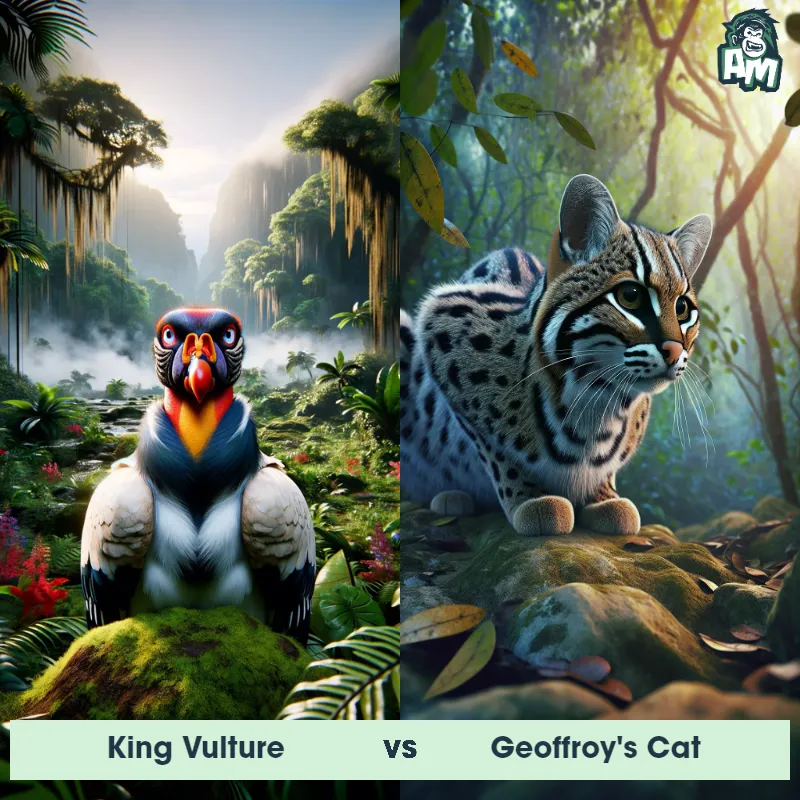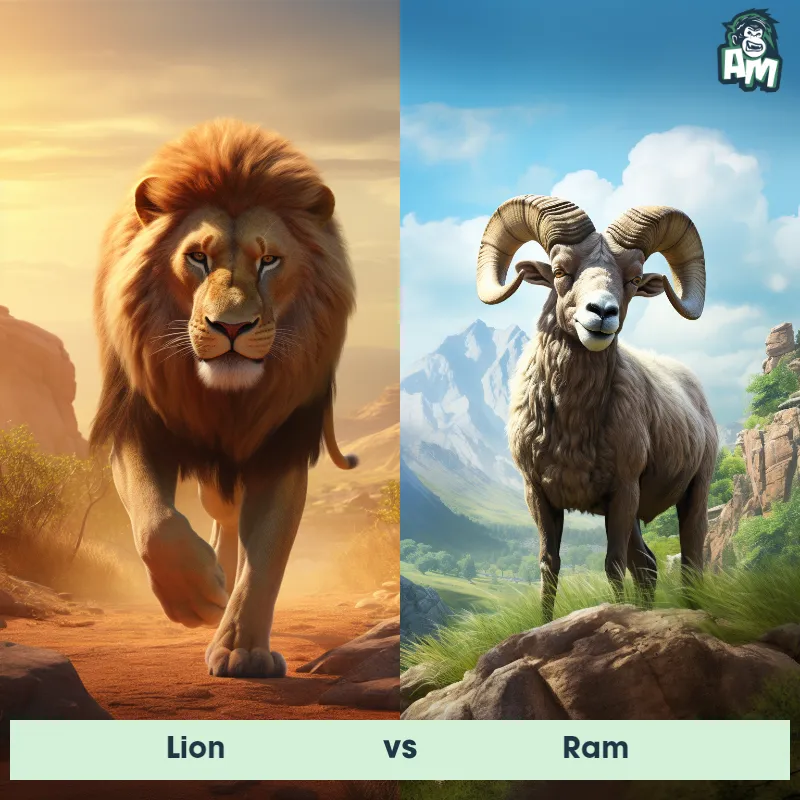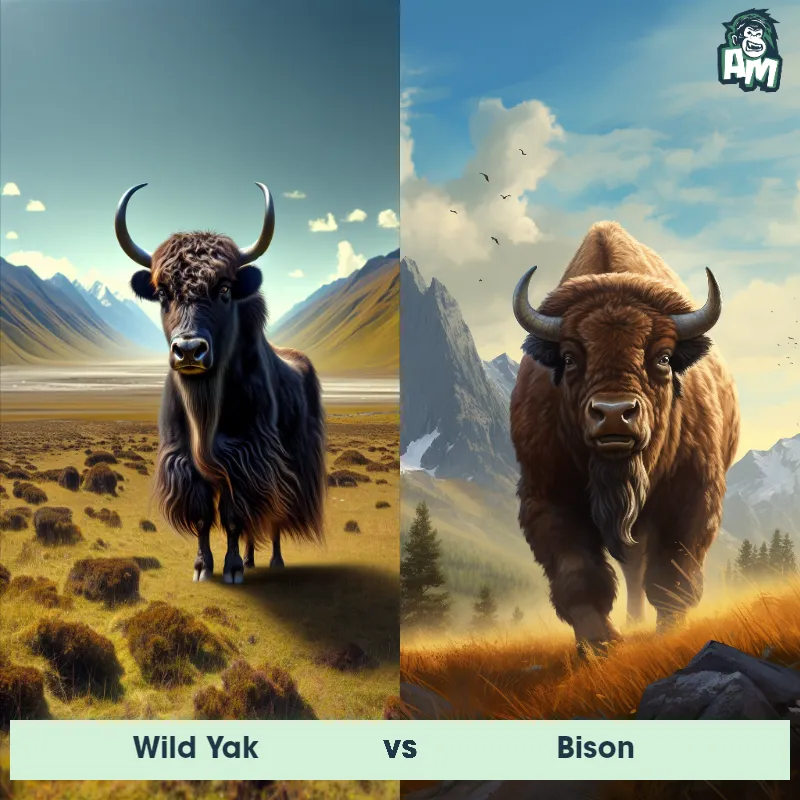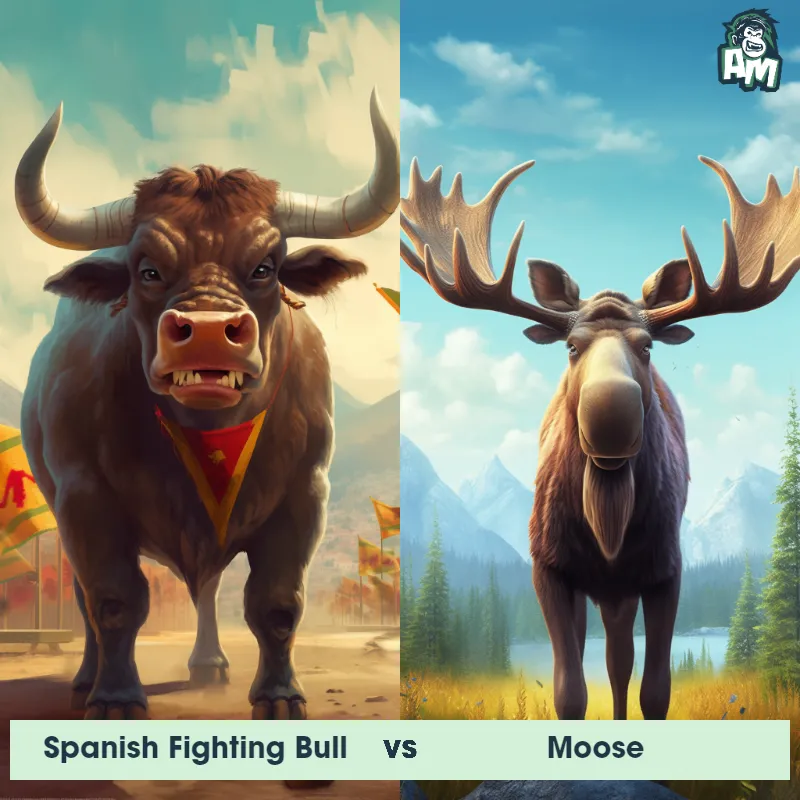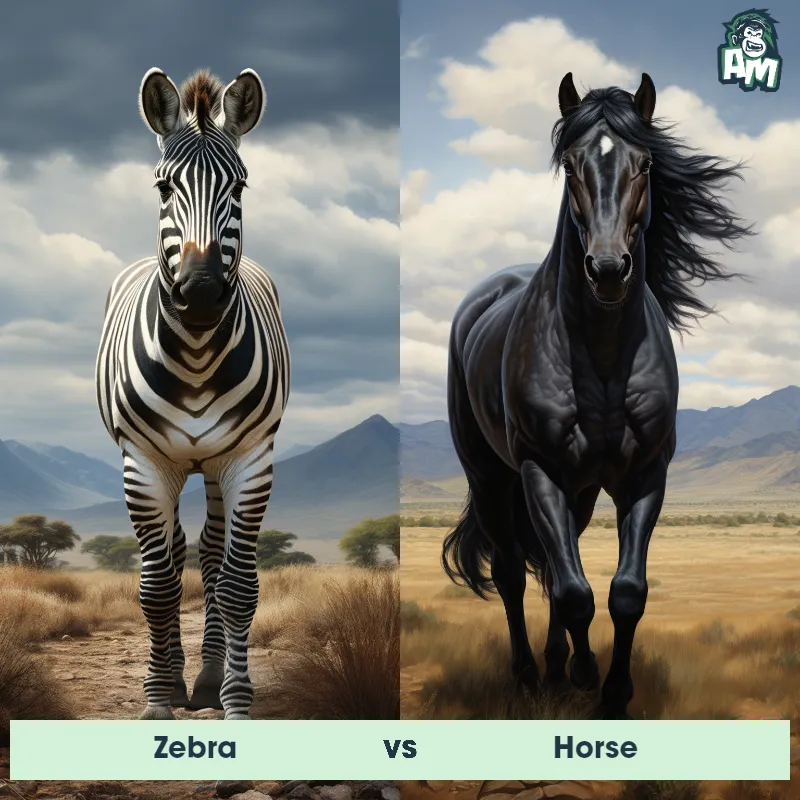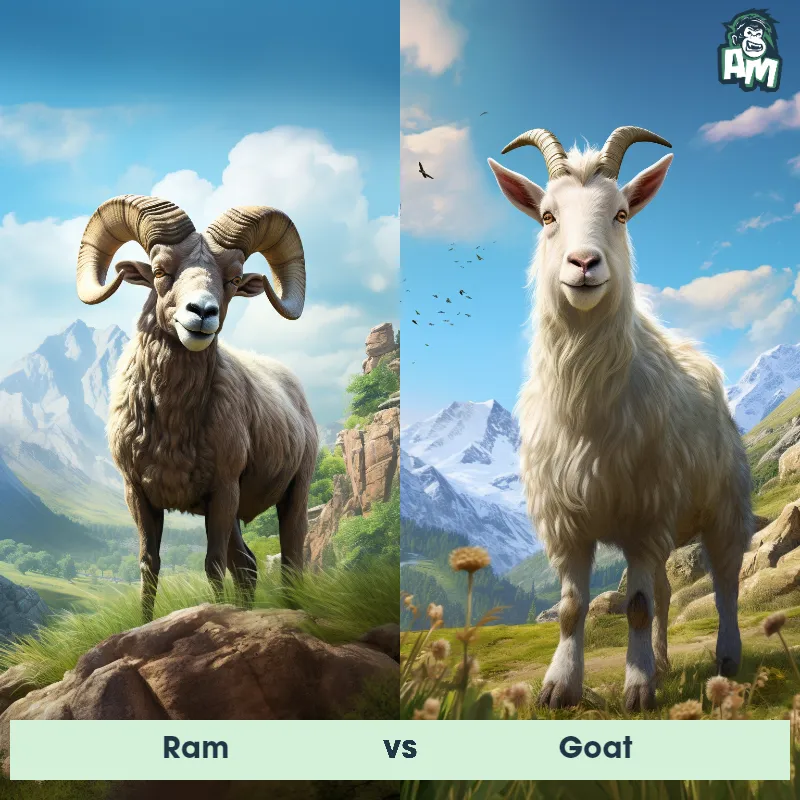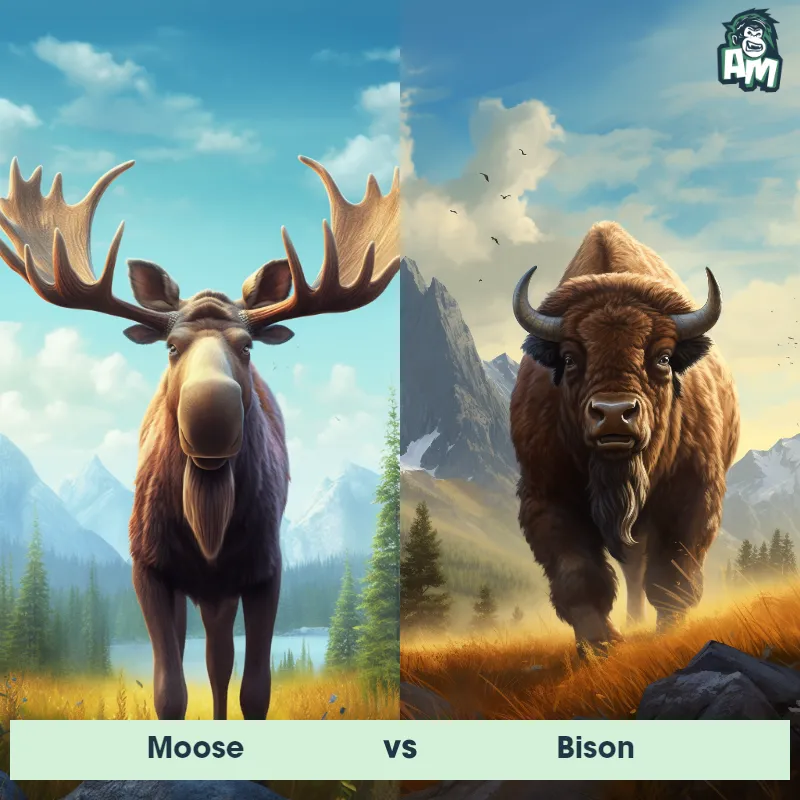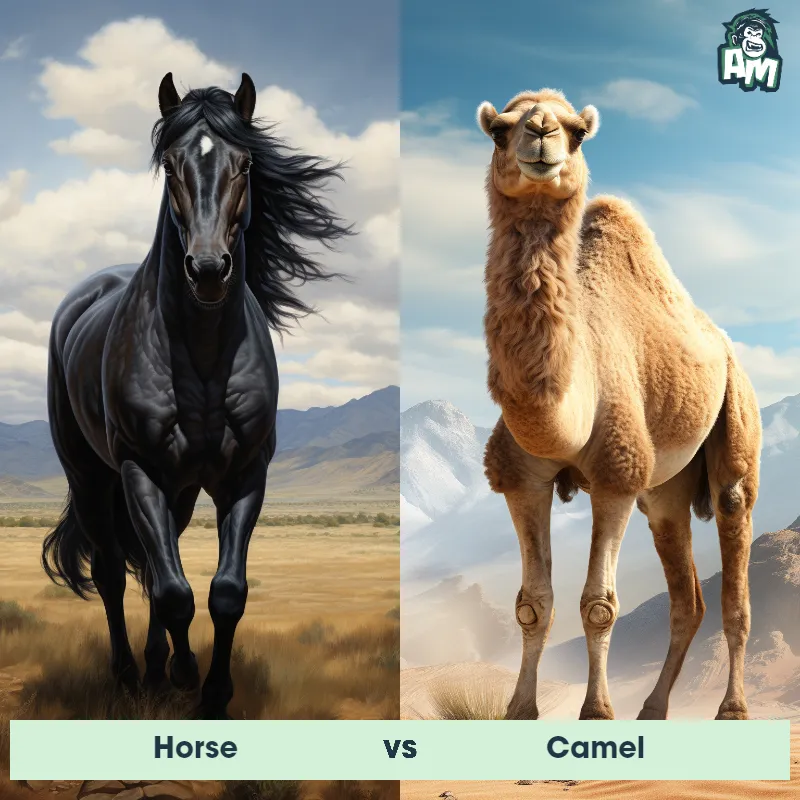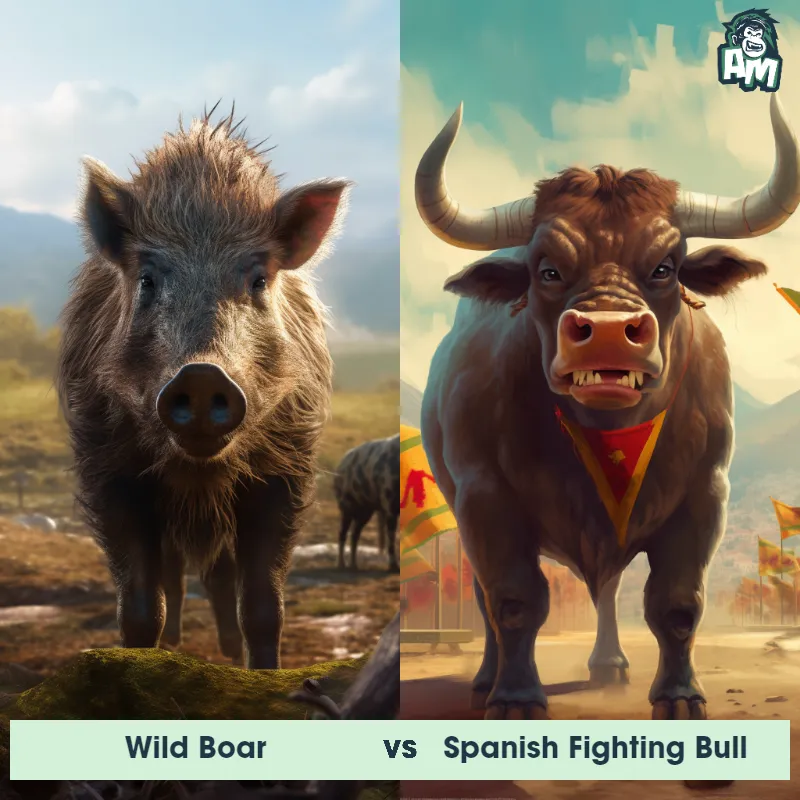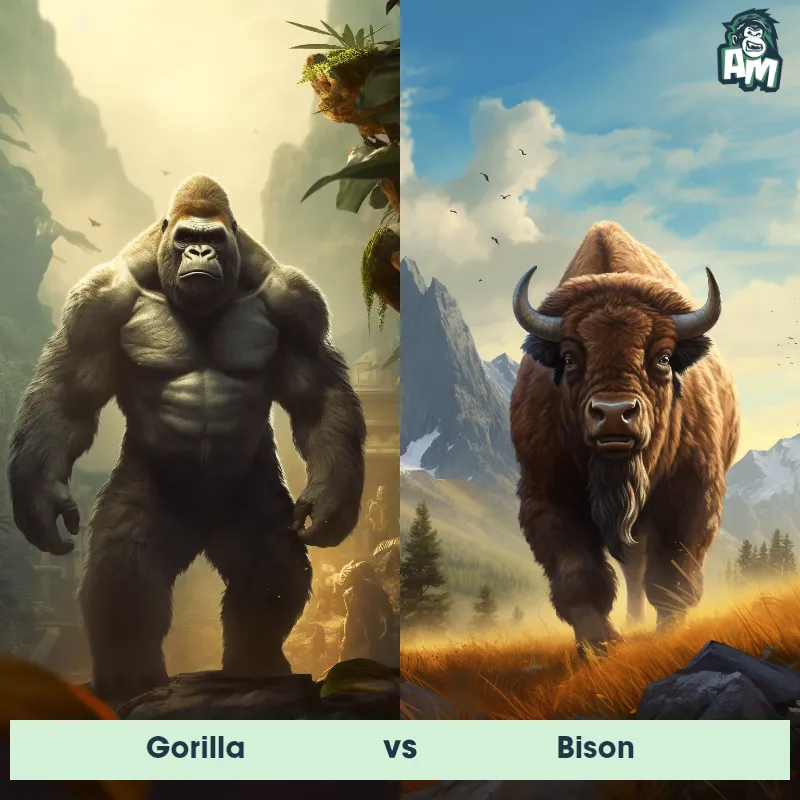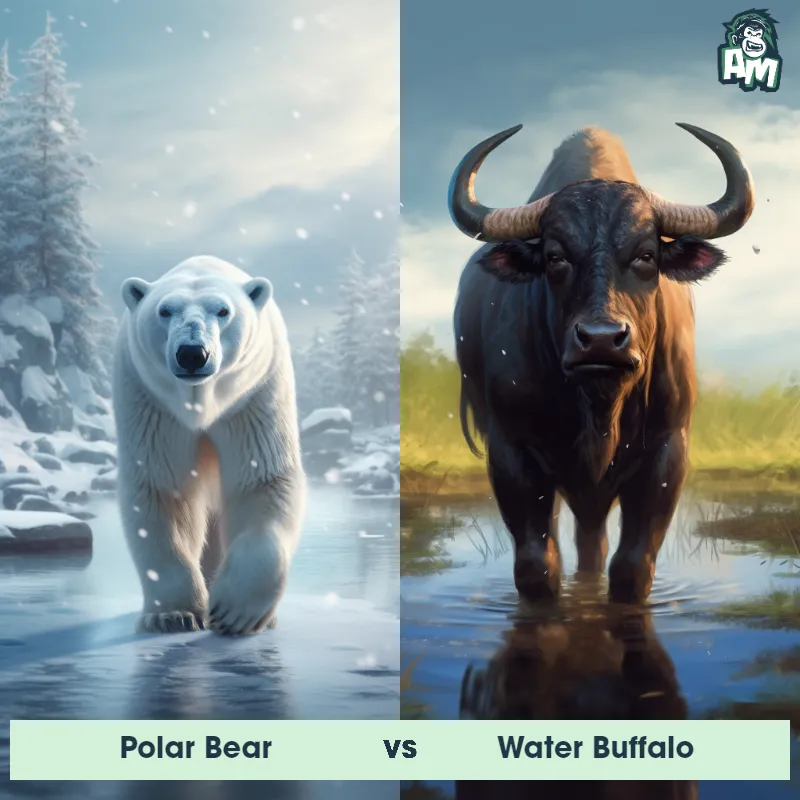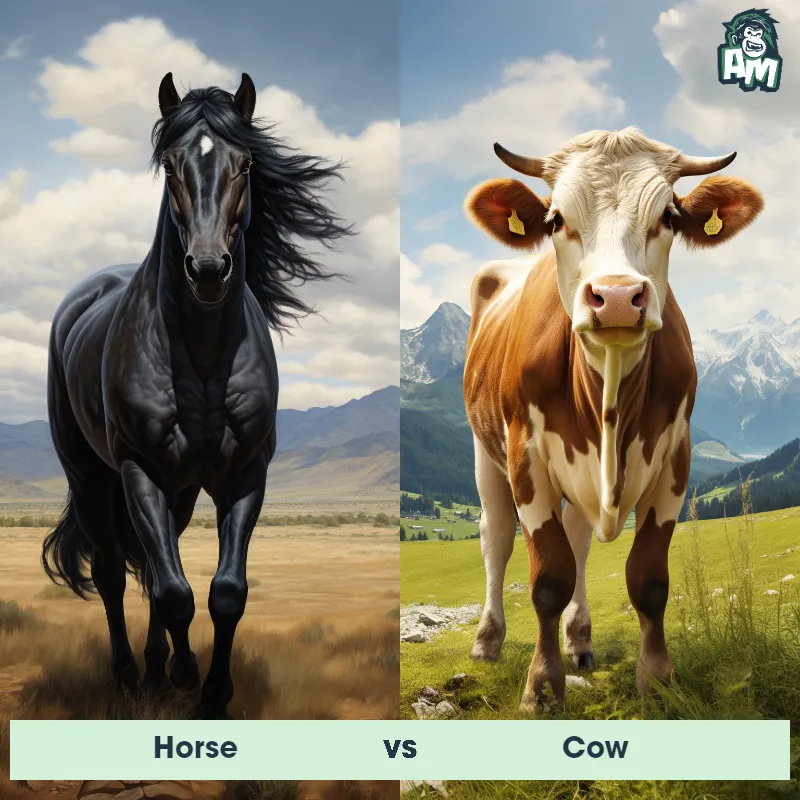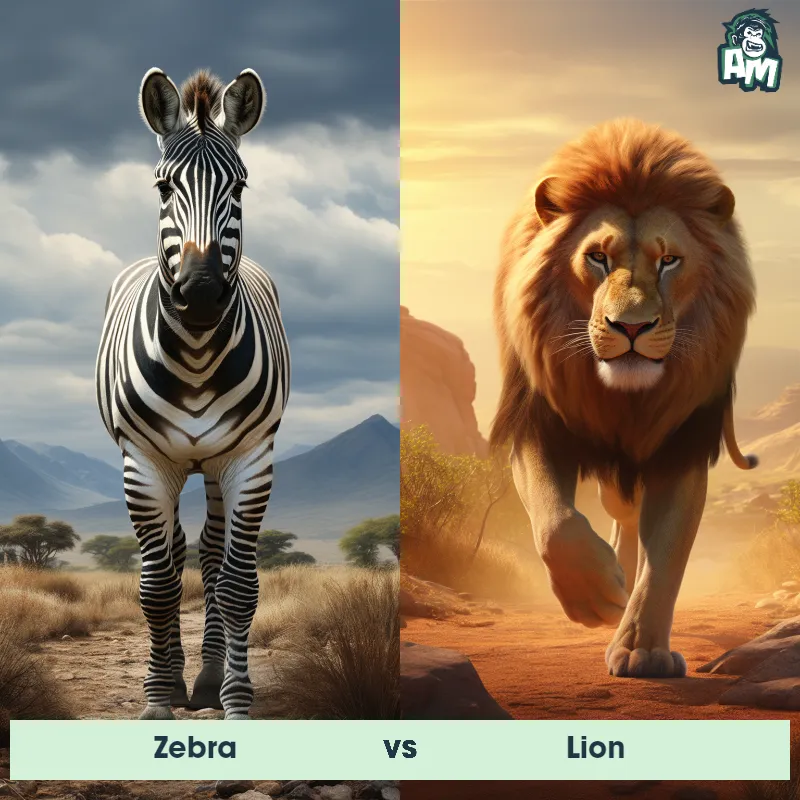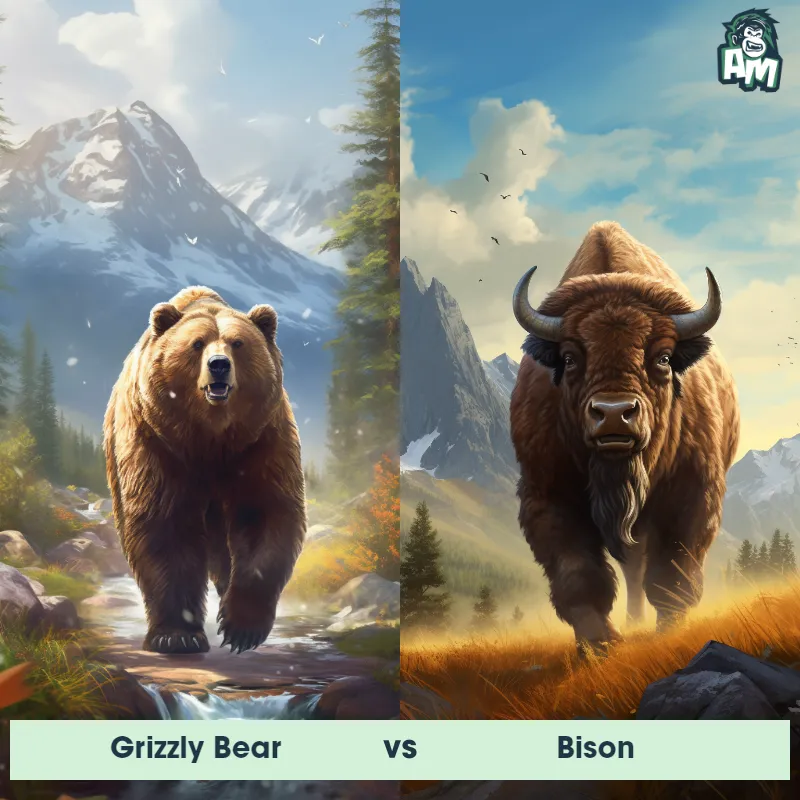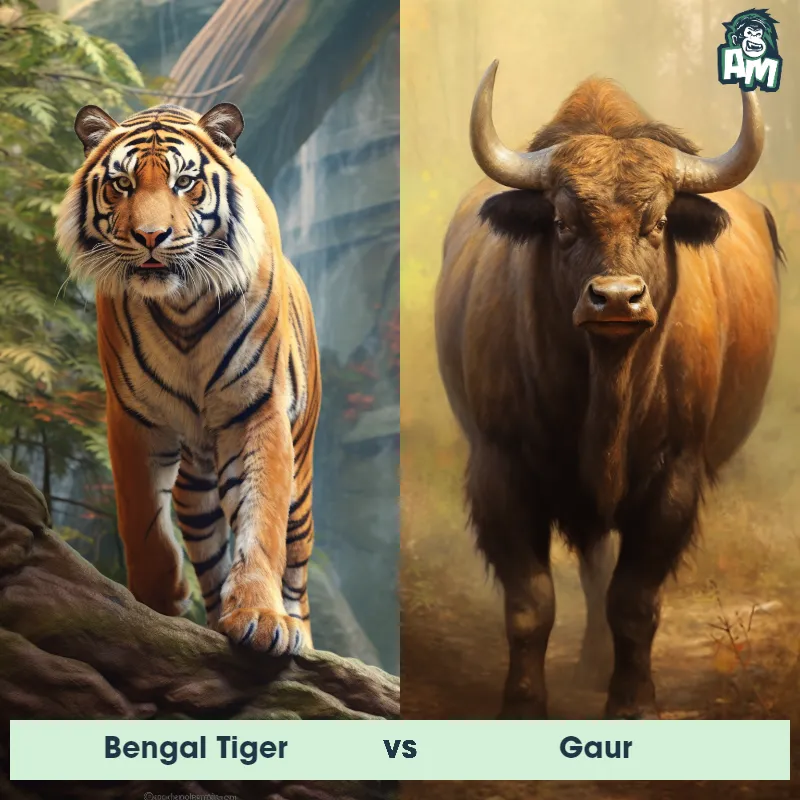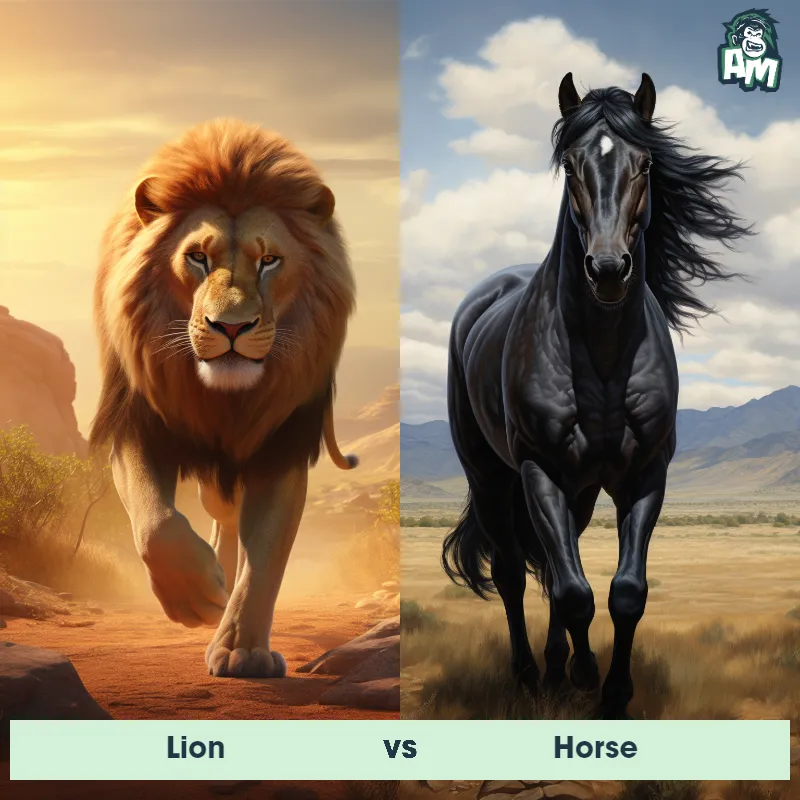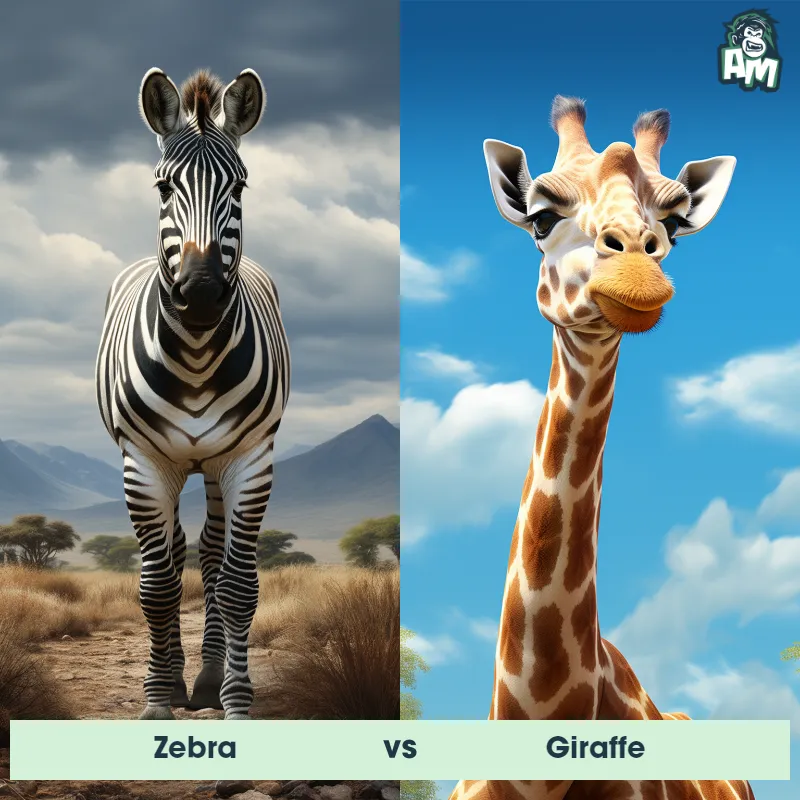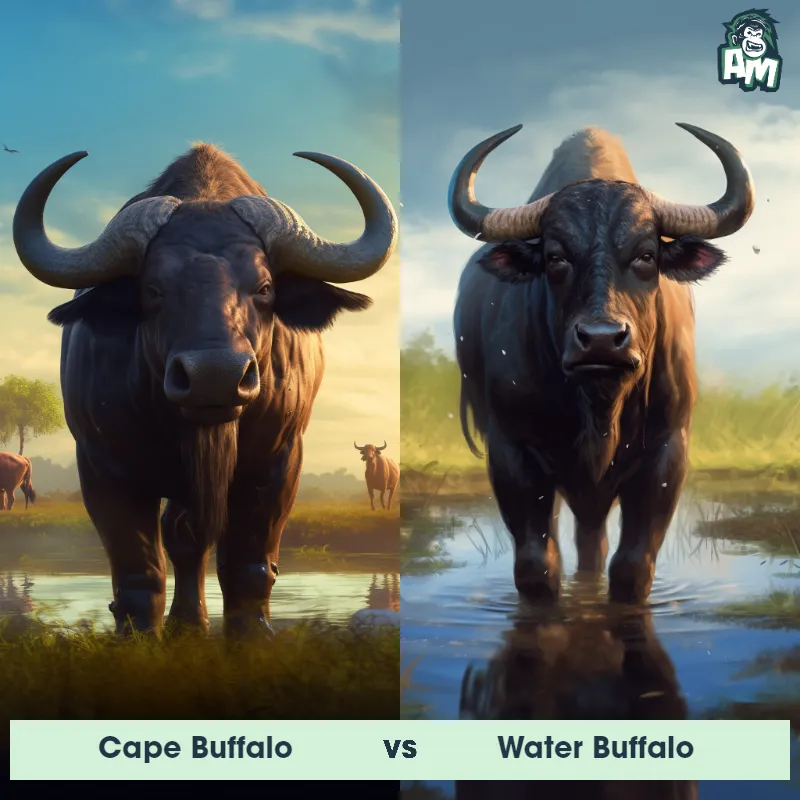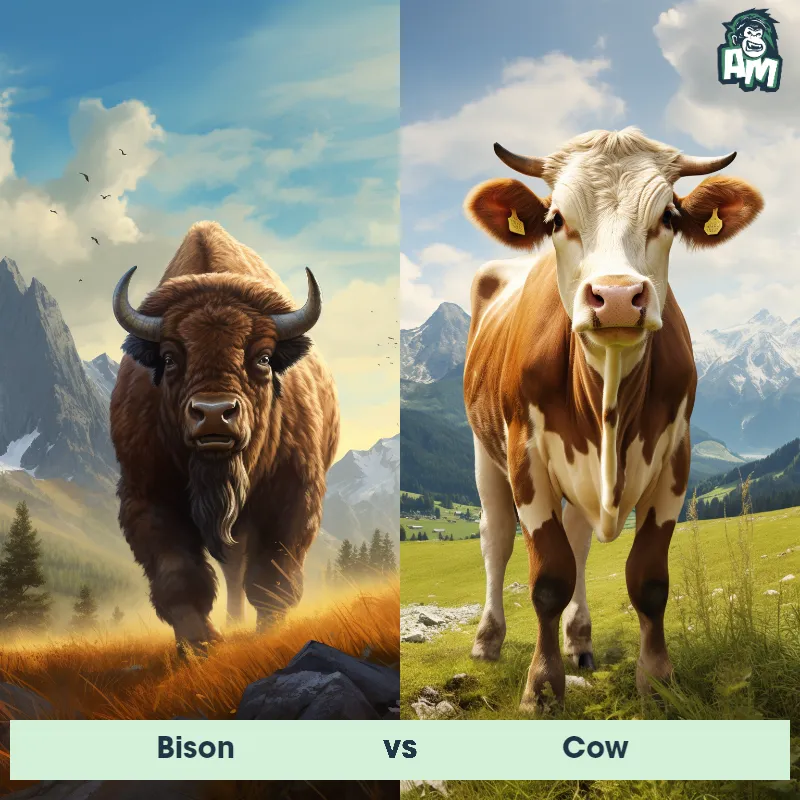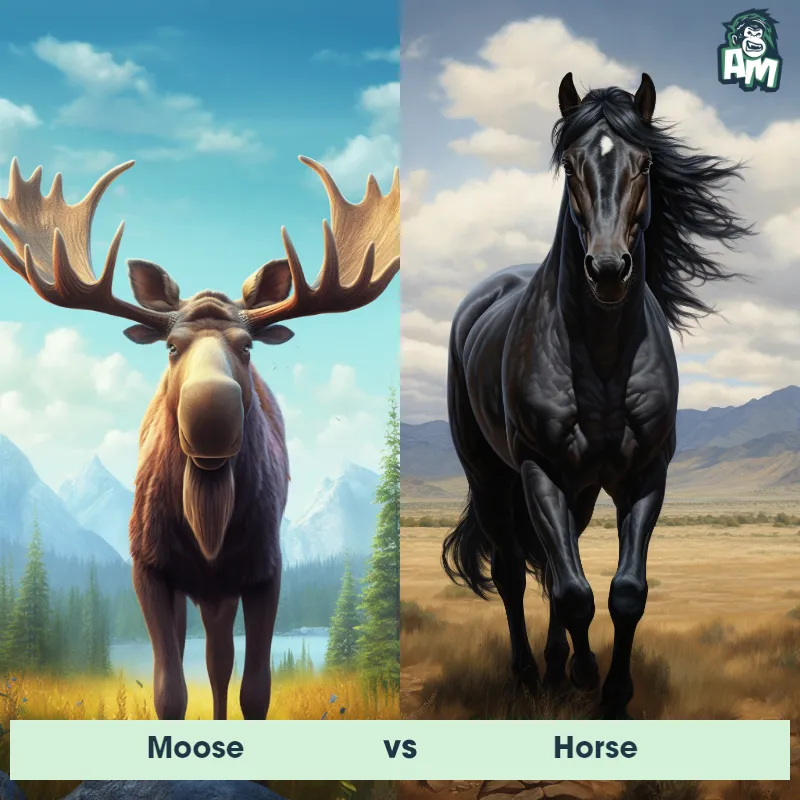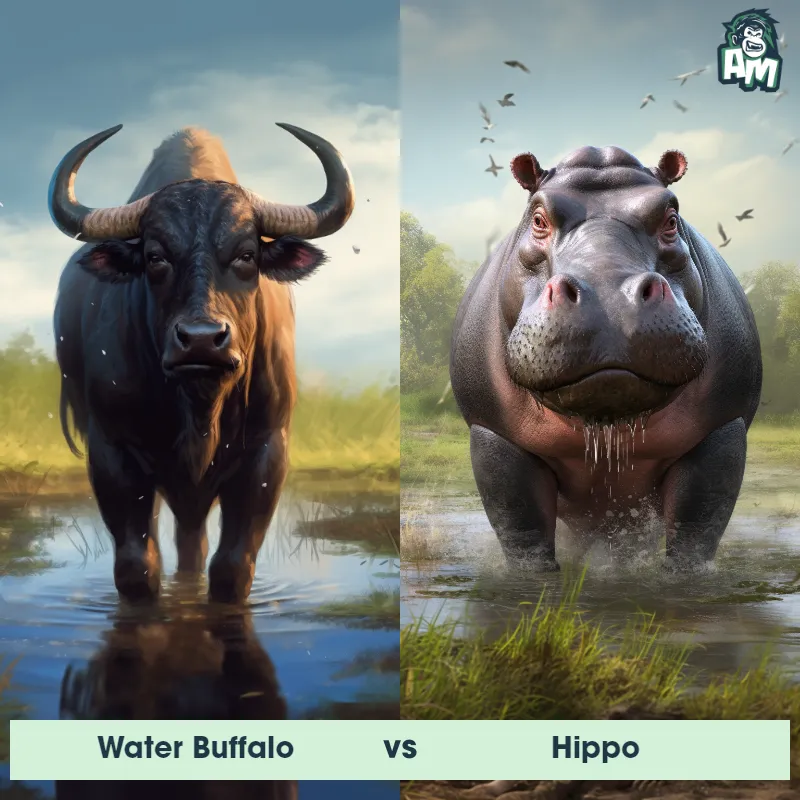Bison vs HorseSee Who Wins

Ladies and gentlemen, welcome to the thunderous world of Animal Matchup! Today, we have a fight that promises to be a heavyweight clash. In one corner, we have the mighty Bison, known for its raw power and ferocity. And in the opposite corner, we have the sleek and sturdy Horse, admired for its speed and agility. Brace yourselves for an intense battle as these two magnificent creatures go head-to-head!
Contender 1: Bison
The bison, also known as the American buffalo, is a massive, hump-shouldered beast known for its iconic place in the history and folklore of the American West. They are covered in a shaggy, dark brown winter coat, and have a lighter-weight, lighter brown summer coat. With their massive size, adult males can weigh up to 2,000 pounds, and both males and females have short, curved horns, which they use in fighting for status within the herd and for defense.
Fun Fact: Despite their massive size and seemingly lumbering movements, bison are remarkably agile and quick, capable of running up to 35 miles per hour and jumping high fences.
Contender 2: Horse
The Horse is a large domesticated ungulate notable for its speed, strength, and endurance. With muscular bodies, long legs, and a well-defined neck, horses exhibit a wide variety of coat colors and distinctive markings. They possess a unique digestive system that allows them to survive on a diet mainly of grass. Known for their keen senses and high level of sociability, horses have been used for various purposes, including transportation, work, sport, and companionship, throughout human history.
![[object Object] Gif](https://tenor.com/view/horse-fight-viralhog-animal-brawl-animal-scuffle-gif-14740911035351561444.gif)
Fun Fact: Interestingly, horses use their ears, eyes, and nostrils to express their mood, making them one of the most expressive animals.
Matchup Stats
| Bison | Horse | |
|---|---|---|
| Size | 5-6.5 feet tall at the shoulder (1.5-2 meters) | 4.5 - 6 feet at the shoulder (1.4 - 1.8 meters) |
| Weight | Up to 2,000 pounds (907 kilograms) | 900 - 2200 pounds (410 - 1000 kilograms) |
| Speed | 37mph (60km/h) | 55mph (88km/h) |
| Key Strength | Powerful size, speed, and horns | Speed and powerful kicks |
| Biggest Weakness | Limited agility due to size | Lack of natural weapons (like claws or sharp teeth) |
Current Votes
Bison vs Horse
See Who Wins
View More Matches
Looking For More?
Similar Matches
Scientific Stats
| Bison | Horse | |
|---|---|---|
| Scientific Name | Bison bison | Equus ferus caballus |
| Family | Bovidae | Equidae |
| Habitat | Grasslands, prairies, and forests | Grasslands, Deserts, and Forests |
| Geography | North America | Worldwide |
| Diet | Herbivore, primarily grasses and sedges | Herbivore (Primarily grass, hay, and grains) |
| Lifespan | 12 years - 20 years | 25 years - 30 years |
Key Differences between Bison and Horse
- Tail: The tail of a horse is usually long and flowing, reaching down to their hocks, whereas bison have a shorter, less prominent tail that does not extend beyond their hindquarters.
- Body Shape: Bison have a massive, stocky build with a pronounced shoulder hump, thick neck, and muscular body, while horses generally have a more slender, streamlined body with a gracefully arched neck.
- Coat Color and Texture: Horses exhibit a wide range of solid and patterned coat colors, including black, brown, white, and various shades in between, with coloration often concentrated on the body and less on the legs. Bison, however, come primarily in shades of brown, ranging from dark brown to lighter hues, often with a shaggy, thick winter coat that lightens during summer.
- Horns: Bison possess large, curved horns that are used for defense and can reach lengths of up to 2 feet, while horses do not have horns or any bony protrusions on their heads.
- Size: Bison are significantly larger than horses, with adult males standing about 6.5 feet at the shoulder and weighing up to 2,200 pounds, whereas horses range in size from around 4.5 to 6 feet in height and weigh between 900 to 2,200 pounds.
- Mane: Horses typically have a longer and more abundant mane that covers a significant portion of their neck, which can vary in color and often differs from the coat color. On the other hand, bison have a shorter, shaggy mane that does not cover their neck entirely, blending in with the rest of their coat.



